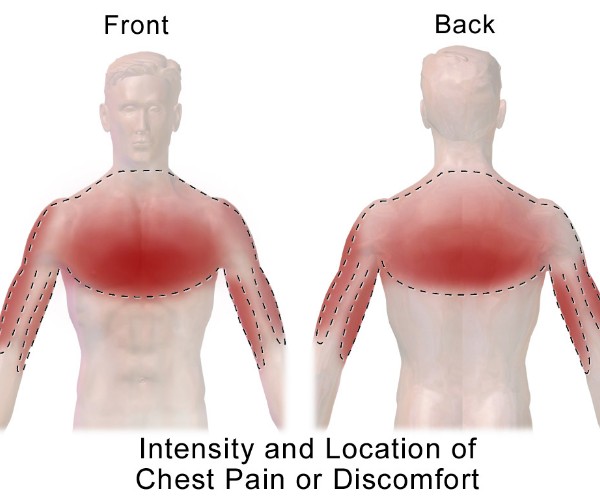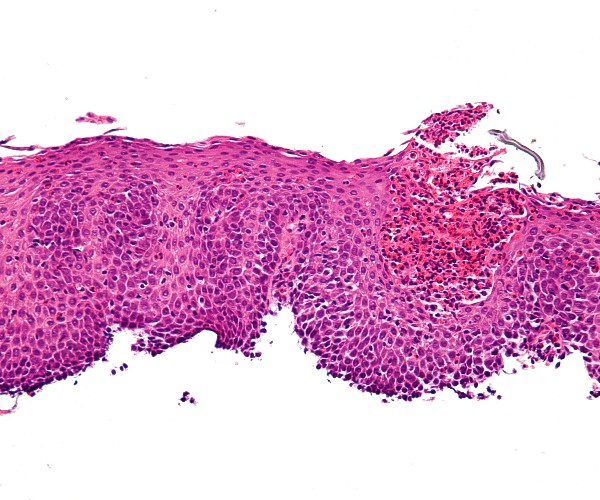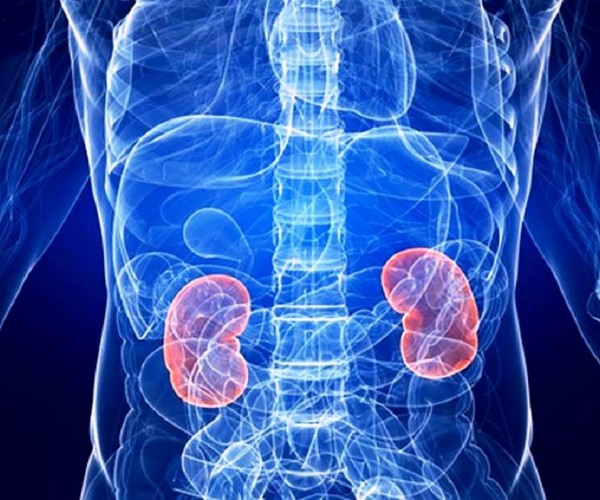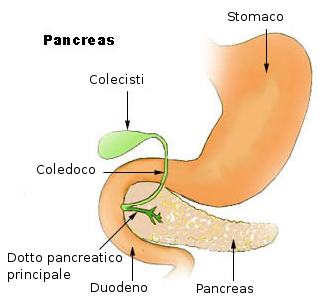The
chronic fatigue
is quite different from what everyone complains of after a day of hard work or some physical exertion, but is rather a debilitating, sometimes disabling condition that can significantly affect people’s quality of life.
Since no specific treatment or drug is available for the CFS, treatment is mainly geared toward alleviating symptoms, improving the patient’s response in terms of cooperation and assiduity in medical checkups, as well as a series of behavioral measures directed toward achieving a good quality of life for the patient.
Among the main behavioral measures a prominent place is diet, a factor that seems to be able to affect the main symptom of CFS, chronic, sometimes extreme fatigue.
Risk factors
Factors that can increase the risk of chronic fatigue syndrome include the following:
- Age. Chronic fatigue syndrome can occur in any age group but usually prefers young adults and up to middle age.
- Gender. CFS is much more recurrent in women than in men, perhaps partly by virtue of the fact that women are more assiduous in medical checkups.
Complications
In chronic fatigue syndrome (CFS), as well as in other diseases, there can also be added problems such as depressive symptoms or of anxiety, causing a complication for the treatment of the disease, which is already particularly debilitating in itself, so much so that it causes people with the disease to become discouraged with respect to the hope of improving their condition.
With the help of the treating physician, all symptoms arising from possible complications of the disease, as may be the case with depressive symptoms, should be treated so that treatment can be focused more specifically on the disease.
Possible complications of chronic fatigue syndrome include:
- Lifestyle changes and limitations.
- Problems with absences from work, and adjustments to different conditions.
- Limitation of social relationships and possible isolation.
- Depressive symptoms
Prevention
Preventive measures to avoid CFS symptoms are not many, and among them some are more specific and useful.
The disease appears to alleviate its symptoms following an appropriate diet, although adequate data resources from diet-inclusive treatments are not yet available.
Although patients’ responses to different foods are subjective, certainly a diet that includes foods that can improve energy intake and mitigate disease symptoms can be very helpful. Some basic rules are especially helpful:I
- Do not consume the foods that can promote inflammation (such as refined foods, sugar, and fried foods, which play an important role in CFS symptoms).
- Include foods in the diet that fight inflammation such as olive oil and fish, while limiting or better avoiding foods that promote it such as sugar, fried foods and processed meat.
- Keep constantly well hydrated to counter fatigue.
- Monitor the various foods, avoiding eliminating some of them without seeking medical advice. Record food-related effects by noting data regarding digestibility and symptom response to report to the treating physician. For example, it may prove beneficial to reduce carbohydrates if you have alleviated symptoms by eating less of them, and so for many other foods.
- Reduce caffeine consumption, which, while it may provide good energy intake, could, however, affect sleep quality.
- Avoid alcohol consumption, which may impair energy recovery and promote fatigue.
- Reduce sugar consumption, which although immediately energizing, can cause aggravation of inflammation and related symptoms. Prefer natural sweeteners such as berries.
- Include different types of vegetables in the diet, which fight inflammation and provide adequate energy intake.
- Include nuts and hazelnuts in the diet, which are antioxidants and also energizing.
Finally, it is advisable to plan one’s diet by distributing foods and servings over the different days and meal times so that it is easier to follow it assiduously.



































































































